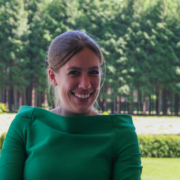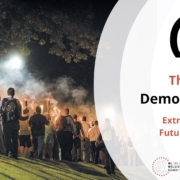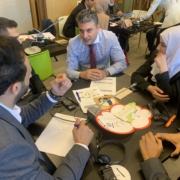Book Launch: Foreign Aid and it’s Unintended Consequences
By Zora Brobbey
On October 5th, Hub members the International Institute of Social Science (ISS) and KUNO will be hosting a book launch in the form of a hybrid presentation and discussion with the author, Professor Dirk Jan Koch of the Dutch Ministry of Foreign Affairs. The book is entitled ‘Foreign Aid and its Unintended Consequences’ and explores a side of humanitarian aid which, in his opinion, should be examined more; these are its inadvertent consequences. Here is more about Professor Dirk Jan Koch, his new book, and the upcoming launch.
All About Professor Dirk Jan Koch
Dirk Jan Koch works as the Chief Science Officer for the Ministry of Foreign Affairs. He is also a professor of International Trade and Development Cooperation at Radboud University. As a writer, diplomat, and social scientist, he provides unique insights in his book. He was motivated to write it to address some themes that the humanitarian and development sector is struggling with and that he struggled with. This book will hopefully provide clarity and begin an open discussion about these themes that can encourage a more efficient and accurate perspective on aid. He has stated himself that he wished he had this book when he was in college to expand his own understanding of aid. As he argues in the book, there are many complexities that need to be further highlighted.
Foreign Aid – The Book – and its Intended Consequences
The aim of this book is to encourage aid organisations to embrace a different way of working and looking at aid. It argues that more factors must be considered than the traditional linear way of reaching targets and fundraising. Aid is much more complex than that. Professor Dirk Jan Koch also advocates for a more local perspective. He stresses that more organisations need to include the local communities, universities, and researchers in their aid endeavours to truly understand how a project is being experienced. This will provide a better perspective than if they just use their own people and measuring methods. He also hopes that aid organisations will enter into more open dialogues not only with the people they are working with, but also other aid organisations. This allows for better evaluation of what works and what does not. Therefore, aiming to make aid contribution more well-rounded, critically reflective, and localised through the examination of its current gaps.
Does this sound interesting to you? Would you like to gain deeper insights on foreign aid and the humanitarian sector? Do you want to hear more about the inspiration and aim behind this book? Join the book launch and learn more!









